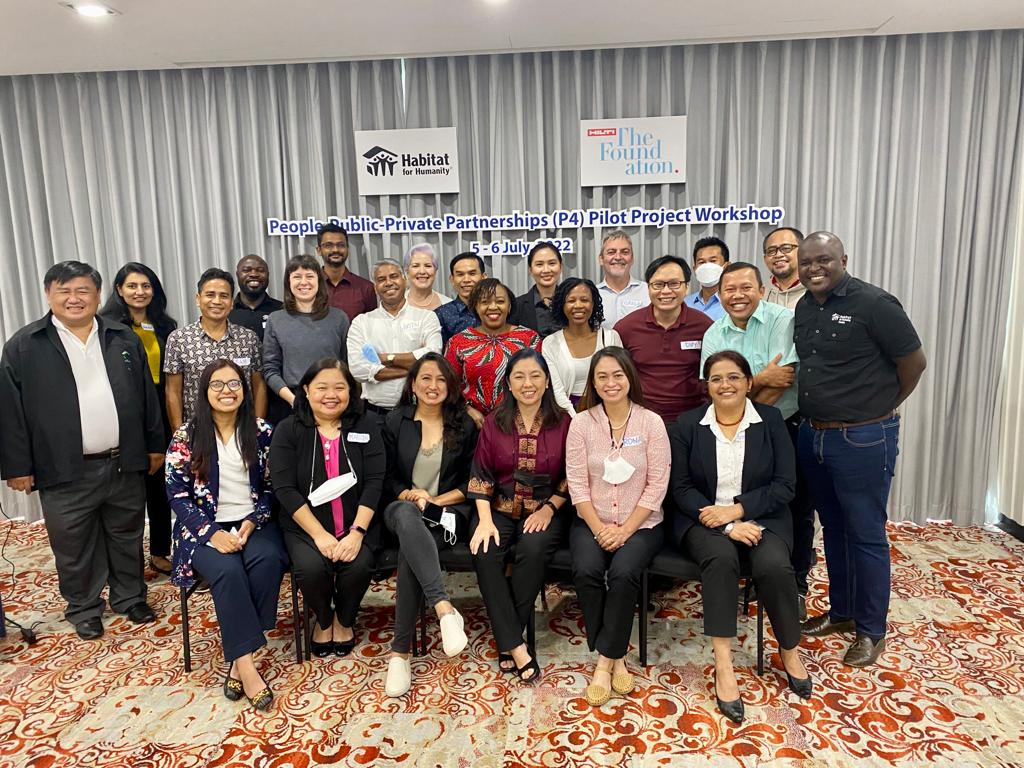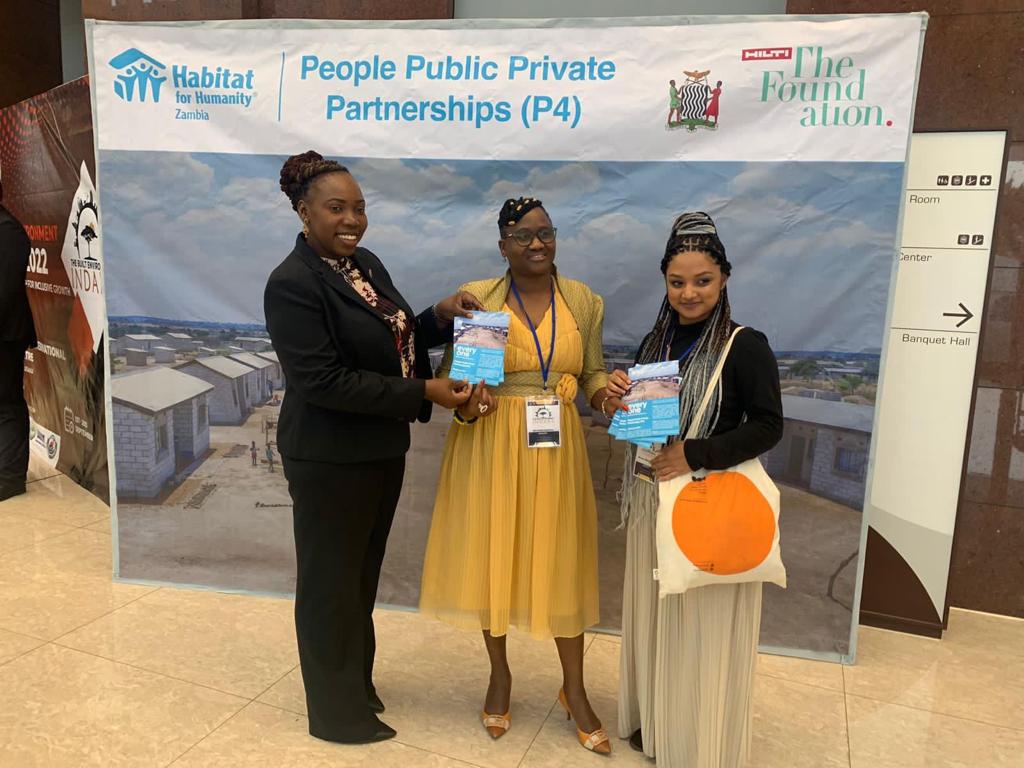
What is a P4?
A P4 is a mutually beneficial and well-defined partnership entered between the people, public sector, and the private sector for achieving a commonly agreed upon goal and objectives by pooling resources and sharing risks.
People
Community members residing in slums/informal settlements, ward councilors, members of parliament, ward development committees, and community-based organizations. They are disproportionately affected by inadequate basic service delivery and socio-economic opportunities.
Public
This includes local, central and quasi-government institutions mandated to provide basic service delivery in the communities and drive pro-poor policy formulation and implementation.
Private
Includes the privately owned entities focused on profits and financial sustainability through selling products
and services.
Partnerships
Usually defined as a formal arrangement in a Memorandum of Agreement/Understanding or a contract clearly outlining roles and responsibilities of partners in contributing resources and sharing risks in order to achieve mutually reinforcing development objectives.

Rationale for P4s in Zambia
21st century has presented government authorities phenomenal challenges
in providing properly planned and serviced land for decent housing, a situation that largely affects low income and vulnerable groups owing in part to limited capacities to contain high urbanization rate that is pegged at 4.23%, making Zambia the 3rd most urbanized country in Southern Africa.
Over 70 per cent of the urban population reside in slums, and the urban housing deficit is estimated to be 1,539,000 units, that is expected to reach over 3.3 million by 2030 nationally.
The complexities of urban informality in the country should be viewed in a positive sense as it provides opportunities to mainstream P4s that are of mutual
benefit to all the stakeholders involved.
P4s provide a platform for innovation to convert challenges into business opportunities.
Stakeholders involved compliment on each other’s strengths in realizing transformational change in under privileged communities.
P4s can enable stakeholders to collectively contribute to the attainment of national policies, national development plans, Zambia’s Vision 2030, and the far-reaching Sustainable Development Goals.

